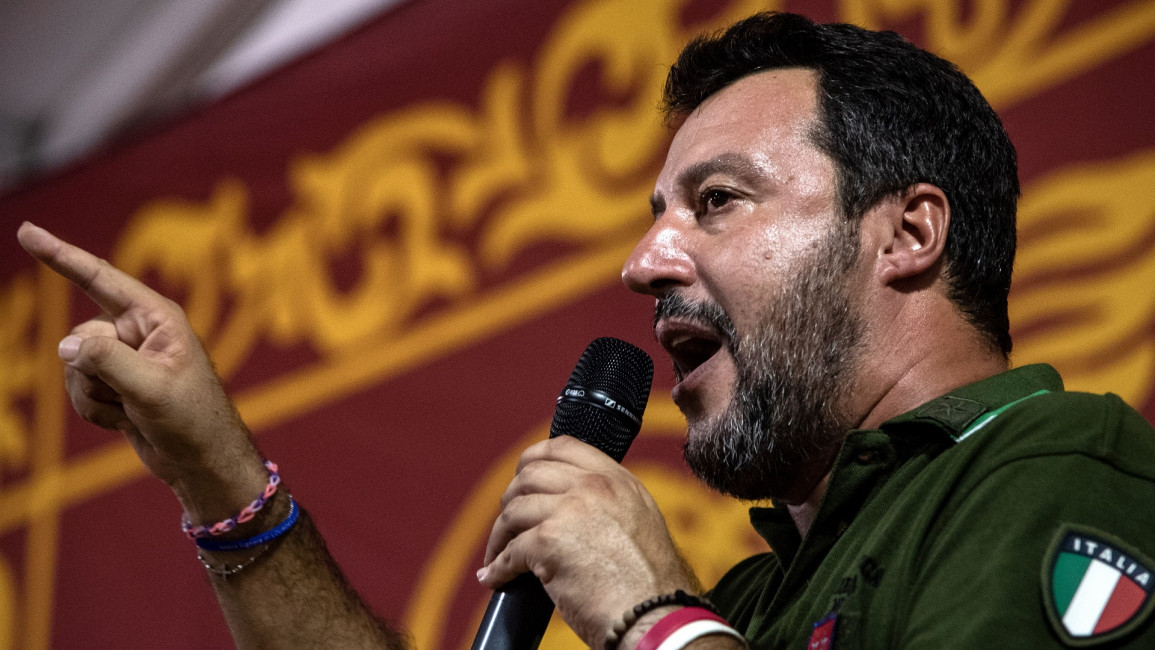Italy to soften immigration laws after removal of 'anti-migrant' Salvini
Matteo Salvini, Italy’s outgoing interior minister, had banned migrant ships from docking on Italian shores while in office, most prominently the Open Arms that was forced to remain adrift for three weeks.
He sought to ban another ship last week – the Alan Kurdi, operated by German NGO Sea-Eye – in a bid to derail the coalition that had formed against him.
Italy’s coalition government, between Salvini’s right wing League and Prime Minister Guiseppe Conte’s 5-Star Movement, broke down last month.
Italy’s populist 5-Star Movement and centre-left Democratic Party (PD) agreed to form a coalition in the wake of the breakdown, thereby ensuring Salvini’s League was left out of power.
The government is the youngest in Italian history with an average age of 47, and seven of the 21 ministers are women.
Read more: Spain sending warship to escort migrant boat blocked by Italy
Salvini has been severely critical of the EU and its immigration policy, accusing the body of allowing Italy to become “the refugee camp of Europe”.
Prosecutors have launched a libel suit against Salvini on behalf of migrant rescuer Carola Rackete, who accuses him of conducting a smear campaign against her German NGO, Sea Watch.
Salvini is being replaced by Luciana Lamorgese, an immigration expert who is expected to bring Italy closer to the rest of the EU on immigration.
Several hundreds of migrants have arrived near Italian shores in recent weeks, many of them rescued by NGO run ships off the coast of Libya.
UN workers and migrants have described horrific conditions in overcrowded detention centres in Libya, where refugees are routinely beaten, starved, raped or forced to work as slaves.
According to the International Organisation for Migration, more than 39,280 migrants have reached Europe this year from North Africa. At least 840 have died along the journey — numbers that are significantly lower than in previous years.
Follow us on Twitter: @The_NewArab



